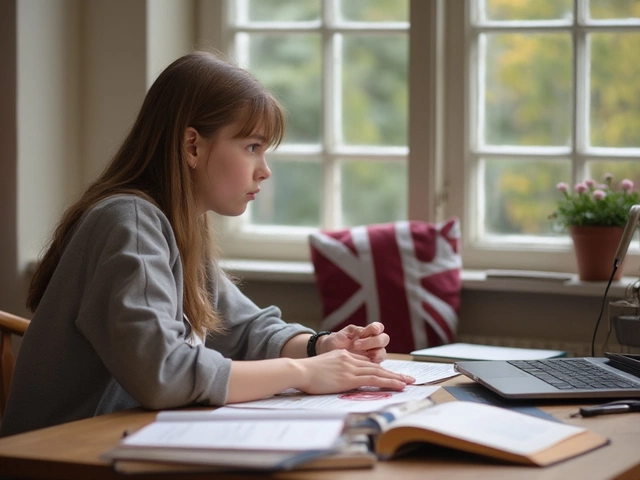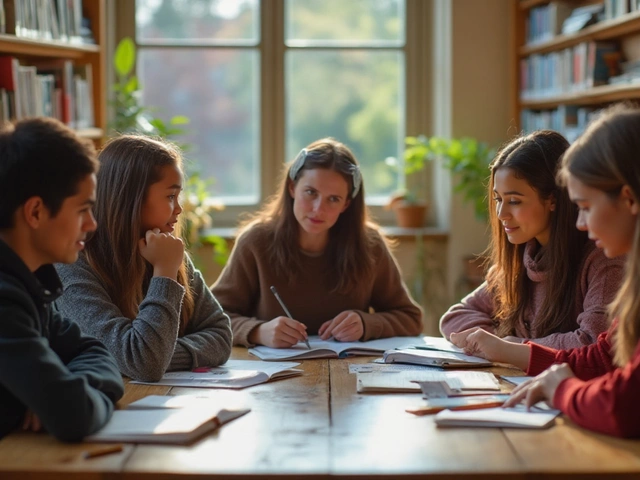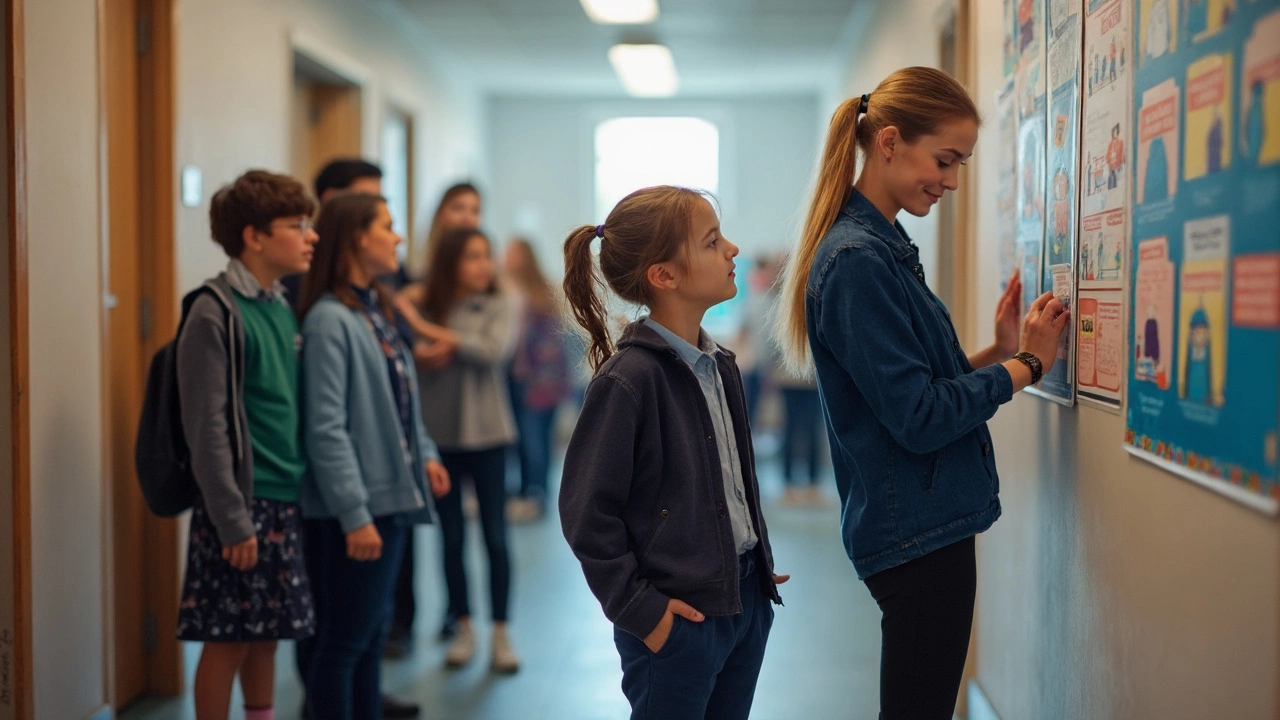Primary School Tips, Resources and Ideas for Teachers and Parents
Running a primary school class can feel like juggling a circus. You’ve got kids, lessons, paperwork and a million questions about how to do it better. The good news is you don’t have to figure it all out on your own. Below are straight‑forward ideas that work in the classroom and at home.
Classroom Management Made Simple
First thing’s first: set clear expectations. Write three rules on the board – things like “listen when someone is talking,” “keep hands to yourself,” and “stay on task.” Kids remember short, positive statements better than long lists. Reinforce the rules with a quick reminder before each activity and give a thumbs‑up when they follow them.
Next, use a visual schedule. A simple picture chart showing subjects, breaks and lunch helps kids know what’s coming next and reduces anxiety. When the schedule changes, point to the new picture and explain why. This tiny habit cuts down on “what’s next?” questions and keeps the day flowing.
Supporting Special Needs and Diverse Learners
Every primary school has students who need a little extra help. Whether it’s autism, ADHD or a learning difficulty, a few adjustments can make a big difference. For example, give clear, step‑by‑step instructions and check understanding by asking the child to repeat them back.
Use sensory tools like fidget bands or a quiet corner. These aren’t “distractions”; they let kids stay focused without blowing up. Pair a child who needs support with a peer buddy for reading or maths tasks – the buddy model builds confidence and social skills.
Don’t forget to involve parents. A quick email or note home about what worked in class lets parents reinforce the same strategies at home. Consistency between school and home can turn a struggling student into a steady performer.
Practical Resources You Can Use Right Now
There are free printable worksheets for maths, spelling and reading that fit primary school curricula. Sites like BBC Bitesize and Twinkl offer ready‑made activities that save planning time. If you need a quick game, turn a bingo sheet into a vocabulary review – kids love crossing off words they already know.
For parents, a simple nightly routine helps kids retain what they learned. Spend five minutes reviewing the day’s key points, then ask the child to share one thing they enjoyed. This conversation reinforces memory and builds a positive attitude toward school.
Lastly, keep an eye on mental health. Primary schoolers can feel overwhelmed by homework or social drama. A short “check‑in” circle once a week lets kids voice worries and hear classmates’ experiences. Knowing they’re heard reduces stress and improves focus.
Primary school is a time of big growth – for students, teachers and parents alike. Use clear rules, visual schedules, simple supports and free resources to make each day smoother. Try one new idea this week and watch the difference it makes. Happy teaching!






